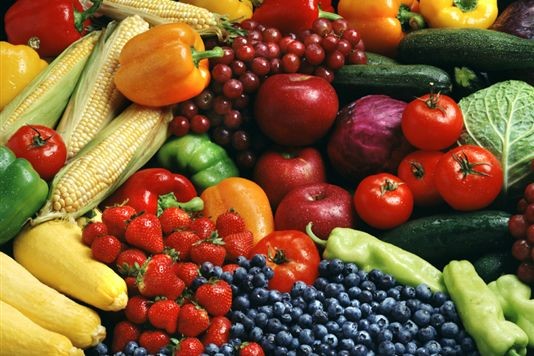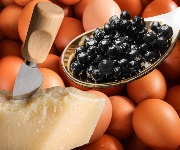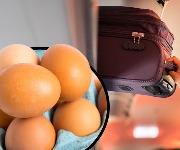Sales of organic food slump for second year running

Many people have stopped buying organic food. Why? Is it still worth getting?
Sales of organic products have fallen for the second year in a row, according to the Soil Association, who certify, monitor and promote the industry.
The Soil Association’s Market Report 2011 reveals that we are buying 6% fewer organic products. In 2010 we bought 4% less than in 2009. By some measures the Soil Association’s figures are fairly buoyant – the bank Nielsen Europe claimed organic sales slumped by 14% in 2008, while others recall 2008 as the bumper year for organic products, when the market was worth £2.11bn.
That figure has now shrunk to £1.73bn, which seems odd. Why has our hunger for organic products reduced by almost one fifth, when the messages about eating “healthy” food, grown with as few chemicals as possible, are constantly shoved in our faces?
In supermarkets the picture is even worse. We are buying organic in the big shops 7.7% less frequently than before, although sales there account for 72.3% of the market as a whole.
The price isn’t right
Times are tough, though, and so often customers are put off by the hefty prices of organic produce. Who can blame them?
What’s more, organic isn’t always best in the ethics test. You might find a small farmer producing much better meat raised to a higher standard than a larger organic operation, who either can’t afford the Soil Association’s certification or falls foul of one small requirement. You’ll notice that not all of the supermarkets’ premium lines are organic, but are usually even more expensive – often these lines are niche products from smallish producers.
FSA report
In addition, when the Food Standards Agency (FSA) released a report saying that organic food was no better for us than non-organic, it seemed logical to conclude that organic was a waste of money.
Not so. The report said there was no evidence that organic food had a higher nutrient content than its non-organic counterpart. But nutrient content isn’t the key, or only, reason, for eating organic food.
First of all, it is not treated with any pesticides or fertilisers. So while the health-factor an organic carrot gives you may be equal to that of a non-organic carrot, the interesting bit is what it doesn’t give you, namely the residues of harmful chemicals.
Then there’s the taste aspect. There is certainly no way to claim that organic tastes better than non-organic across the board, but we all have our favourite foods - do a taste test and you’ll find you are much happier with the organic version of certain products.
Non-organic milk is disgusting
I’m not so bothered about buying organic potatoes, for example, but the idea of drinking non-organic milk forced from the battered teats of a weary dairy cow churning out milk for many hours each day turns my stomach. I hope it turns yours.
Still, sales are down. Is our love affair with organic truly over? Was it a flash in the pan fad we’re happy to ditch for good because of financial worries?
Positive outlook for 2011
On the contrary, the outlook for 2011 is “cautiously optimistic” with Waitrose and M&S anticipating growth and Tesco, Sainsbury’s, Morrisons and the Co-operative hoping to maintain sales.
The areas where we are buying organic are holding, too, with dairy products and fruit and veg accounting for 30.5% and 32.2% of the market respectively.
And while we might be buying fewer organic products, more of us want at least a slice of the action. An incredible 86% of all households buy some organic products, on average 15 each year. Of course we can’t all afford to pack our shopping trolleys with organic-only goods, but this shows that the desire is there.
Buy more organic
The only problem facing us may be demand. 4.2% of UK farmland is managed organically, but some organic farmers are giving up in such a touch market.
We can put a stop to this by voting with our stomachs. If you think you fall into the category of shopper who bought 15 organic items last year, why not go for one a week in 2011?
Also worth your attention:
Most Recent
Comments
Be the first to comment
Do you want to comment on this article? You need to be signed in for this feature








